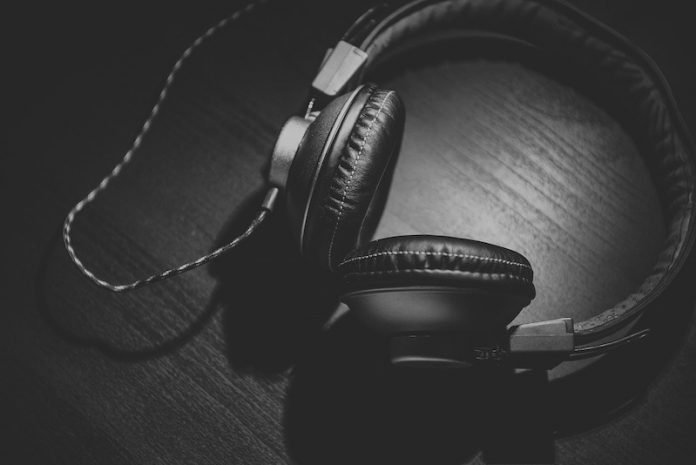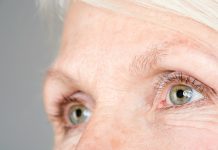
In a new study, researchers found that mindful music listening may help stroke patients recover their cognitive abilities.
The research was conducted by a team from the Universities of Glasgow, Edinburgh, and East Anglia and NHS Greater Glasgow & Clyde.
The study is called The Measuring the Effects of Listening for Leisure on Outcome After Stroke, or MELLO study.
It aimed to examine the effects of combining music listening and mindfulness techniques on recovery after a stroke.
In the study, the team tested 72 participants who had suffered an ischemic stroke.
This type of stroke occurs when blood supply to the brain is blocked due to a blood clot.
The participants were divided into three groups. One group listened to music, another listened to music combined with mindfulness practice, and the third group listened to audiobooks.
In the mindful music group, the patients did two five-minute exercises which were designed to encourage them to return their attention to the present moment and then on the music if their mind wandered whilst listening to music.
All patients used an iPod and listened for an hour each day for eight weeks during their recovery.
Each patient could choose their preferred music or books and kept a daily written record of their listening activity.
They also visited the research team once a week to report their progress and got new listening material.
The team found that all of the patients could do the daily listening activity and that they reported that it was enjoyable.
The mindful group reported that listening helped them to relax, to concentrate, and to manage emotions.
In addition, both music listening groups showed better memory functions compared with the audiobook group.
The findings suggest that music combined with mindful listening could help improve stroke patients’ memory, emotion, and attention.
The combination intervention may help patients recover better from stroke and have a better quality of life.
The lead author of the study is Dr. Satu Baylan, from the University of Glasgow’s Institute of Health and Wellbeing.
The study is published in the International Journal of Stroke.
Copyright © 2019 Knowridge Science Report. All rights reserved.



